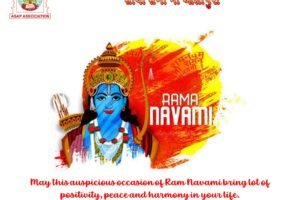
Diwali
Importance of Diwali
Diwali is India’s most important festival of the year—a time to celebrate the triumph of light over darkness, knowledge over ignorance, and good over evil. Widely observed among more than a billion people from a variety of faiths across India and its diaspora, the five days of Diwali are marked by prayer, feasts, fireworks, family gatherings, and charitable giving. For some, Diwali is also the beginning of a new year.
But Diwali is perhaps best known as a festival of lights. Derived from the Sanskrit dipavali, which means “row of
lights,” Diwali is known for the brightly burning clay lamps that celebrants line up outside their homes.
In one of the main stories in Hindu mythology, Diwali is the day Lord Rama, his wife Sita Devi and brother Lakshmana return to their homeland after 14 years in exile. The villagers lit a path for Rama, who had defeated
the demon king Ravana. … After he slayed the demon, Lord Krishna declared it a day of festivities.
The dates of this festival are based on the Hindu lunar calendar, which marks each month by the time it takes the
moon to orbit Earth. Diwali begins just before the arrival of a new moon between the Hindu months of Asvina and
Kartika—which typically falls in October or November



